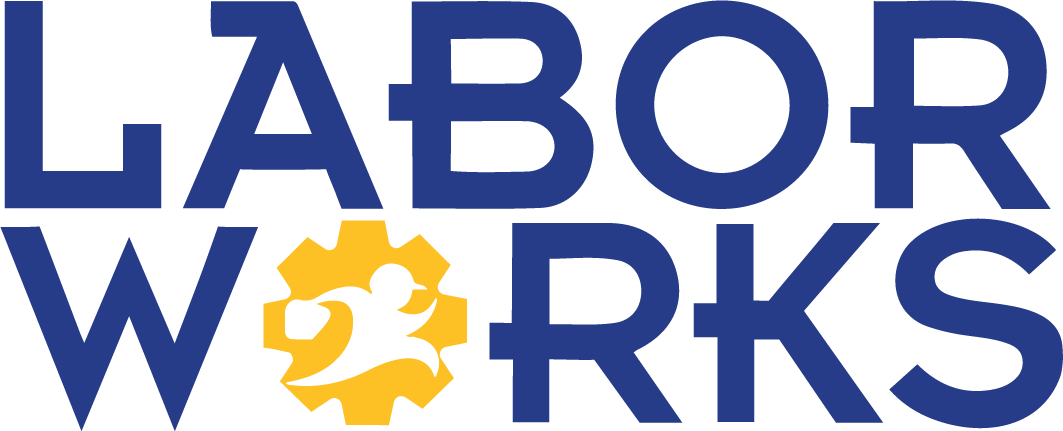The battle between employees and contracted workers has become a hot topic in the last couple years. Companies are more often turning to 1099 workers for everyday jobs, an area generally more common for traditional W2 employees. These differing classes of workers can have implications beyond personal taxes, moving into corporate decision making and ethical choices. There are pros and cons to each for both employees and employers - let’s take a look.
Becoming employed through a W2
W2 workers are traditional employees. Employers hand out a form (W4) to gather information to determine how much of each paycheck is withheld for taxes. This type of worker then gets a W2 form in the next calendar year, informing them of the full amount of taxes withheld from their paycheck by the government. Using that form, employees can then file their taxes to find out if they still owe taxes or if they have had too much withheld and will be receiving a return. Using this method, the business takes on the task of paying payroll taxes which increases the cost for them to hire employees.
Working as a 1099 contractor
As of late, more employers have been pushing for potential hires to sign on as 1099 contractors. For the company, this helps by saving on payroll taxes, as well as potential money towards benefits like health insurance and 401k match. For the employee, this could mean a bigger paycheck. Working as a 1099 contractor generally gives workers a higher check up front, but this can come back to bite when it comes tax time. As a contractor, you are tasked with keeping up your own taxes - this means paying your personal income, Medicare, and Social Security taxes. This method, when utilizing careful budgeting, expense tracking, and financial planning, can help the employee in the long term, but taking on the task of a 1099 contractor is not for everyone.
So which one is better?
That’s a loaded question. There are clear, yet different benefits for the employer and the employee when it comes to deciding whether a W2 or 1099 is appropriate in a given situation. Always do research when looking for a job; look at what multiple employers are offering, as well as the financial implication of your tax status at a prospective job. Smart decisions don’t normally come from lightbulb, but taking the time to prepare for a decision is not usually a bad move.

